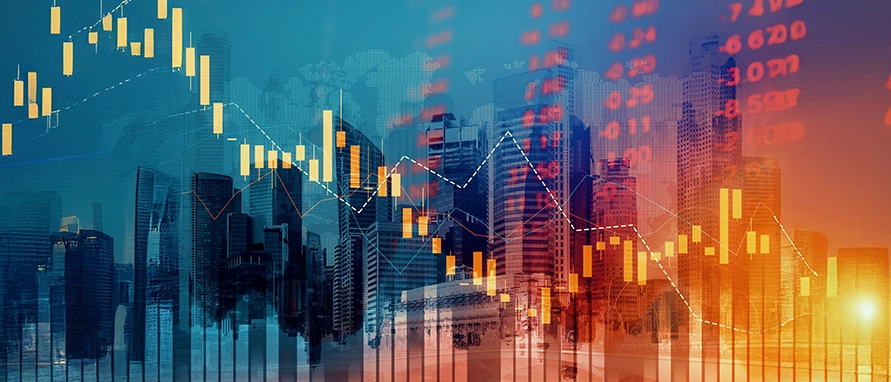Several macroeconomic indicators play a crucial role in shaping stock market movements. Key among them are:
GDP Growth
Gross Domestic Product (GDP) represents the total value of goods and services produced in the economy. A rising GDP often correlates with improving corporate earnings, which tends to lift stock prices.
Inflation
Moderate inflation is normal, but high inflation erodes consumer purchasing power and increases costs for businesses. This may negatively impact stock prices, especially in sectors like FMCG or manufacturing.
Interest Rates
When interest rates rise (as set by the RBI), borrowing becomes costlier, slowing down business expansion and consumer spending. It often results in lower stock valuations.
Corporate Earnings
The stock market reacts directly to quarterly results and earnings expectations. Strong earnings across sectors suggest a healthy business environment and economic resilience.
Employment Rates
High employment means higher consumer spending and production, generally leading to higher corporate profits and stock market gains.
Government Policy
Reforms, taxation policies, infrastructure spending, and fiscal stimulus packages significantly impact market sentiment and, by extension, stock performance.



.jpeg)












